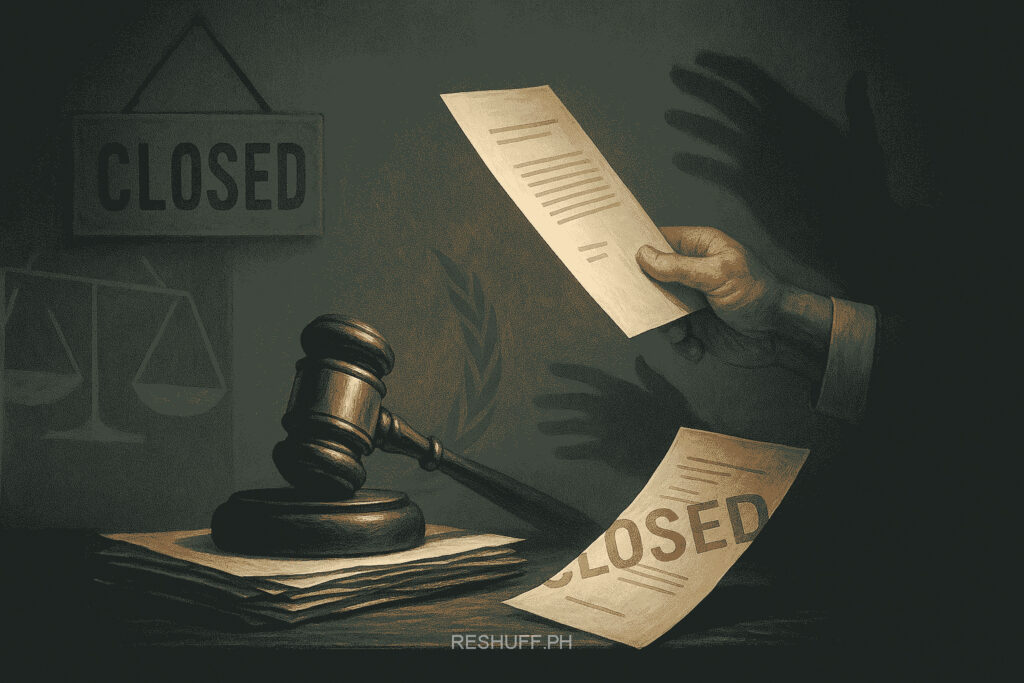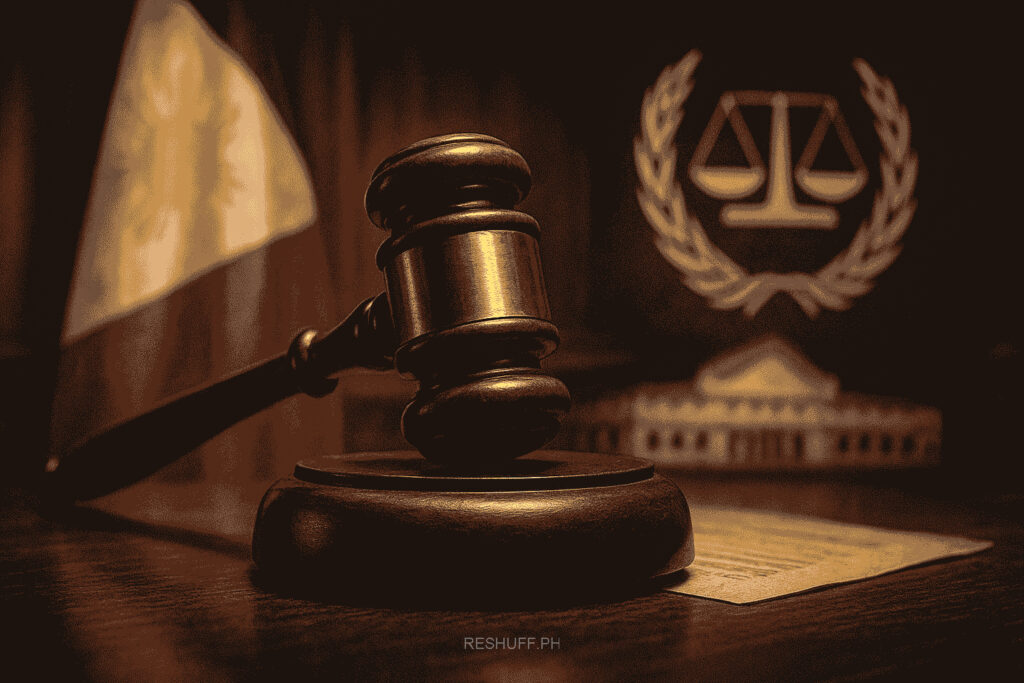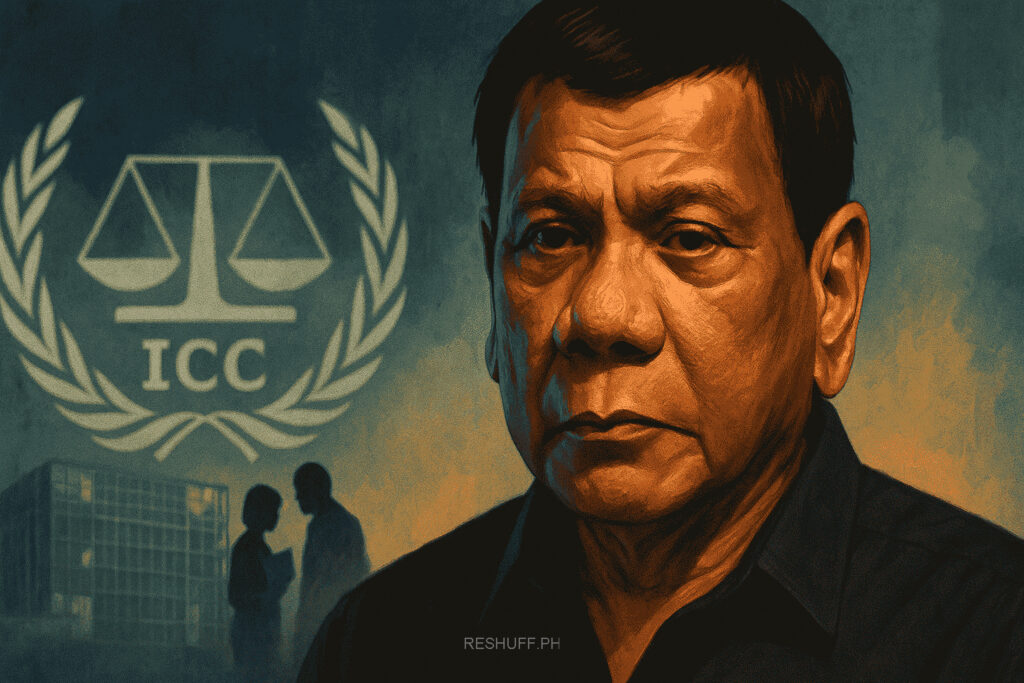A dramatic bid by former President Rodrigo Duterte’s allies to impeach President Ferdinand “Bongbong” Marcos Jr. hit an unexpected roadblock at the House of Representatives on May 8, 2025. Ronald and Duceille Cardema arrived at 3:20 p.m. to file their complaint, only to be told the Office of the Secretary General was unavailable due to a strategic planning session—delaying any formal action until Congress reconvenes on June 2, 2025. Legal experts are split over the legitimacy of the arrest that spurred the impeachment drive, centering on Section 17 of Republic Act No. 9851 and the Philippines’ continuing obligations under international law.
A Stalled Impeachment Bid
A thunderous whisper echoed through the halls of Congress on Thursday when former party-list Rep. Ronald Cardema and his wife, Duceille Marie Cardema, attempted to file a verified impeachment complaint against President Marcos for allegedly allowing his predecessor’s “illegal arrest and transfer” to the International Criminal Court in The Hague.
Arriving at precisely 3:20 p.m., the Cardemas were told only House Secretary General Reginald Velasco could accept their documents. They waited until close of business but left empty-handed due to a notice on the door citing a strategic planning session from May 6 to 8.
Palace Maintains Legality
Malacañang quickly dismissed the impeachment effort, stating the government simply honored its Interpol commitment and acted within the bounds of Republic Act No. 9851.
Section 17 of RA 9851 explicitly allows Philippine authorities to surrender or extradite suspected persons to an international court “pursuant to the applicable extradition laws and treaties,” a point Malacañang cites to justify Duterte’s transfer to ICC custody.
Procedural Roadblocks
Speaker Martin Romualdez confirmed that, even if the complaint had been physically filed, it would not be processed until Congress resumes session on June 2, 2025, with adjournment slated for June 13, 2025.
“We’re not in session right now, so not much can be done,” Romualdez said in an ambush interview in Tacloban City.
Cardemas’ Legal Stand
In their afternoon statement, the Cardemas pointed to House impeachment rules requiring a “verified complaint for impeachment… filed with the Office of the Secretary-General,” arguing any ministerial office staff—not just its head—should receive documents.
ICC Jurisdiction Debate
Critics argue that, after the Philippines withdrew from the Rome Statute in 2019, cooperation with the ICC was no longer mandatory. However, the Supreme Court’s 2021 ruling held that withdrawal does not absolve the country of obligations for crimes committed while it was a member.
Legal experts remain divided: former Executive Secretary Salvador Medialdea contends Duterte should have faced Philippine courts first, while retired Justice Antonio Carpio maintains the RA 9851 framework validated the ICC surrender.
Political Split Widens
This marks the first impeachment complaint against Mr. Marcos since his public fallout with Vice President Sara Duterte—who faces her own Senate trial when Congress reconvenes in July 2025. With both dynasties now in opposing legal crosshairs, the Philippines braces for heightened political tension as the 19th Congress edges toward its June 13 adjournment.
Latest News In The Philippines brought to you by Philippine Daily Inquirer



